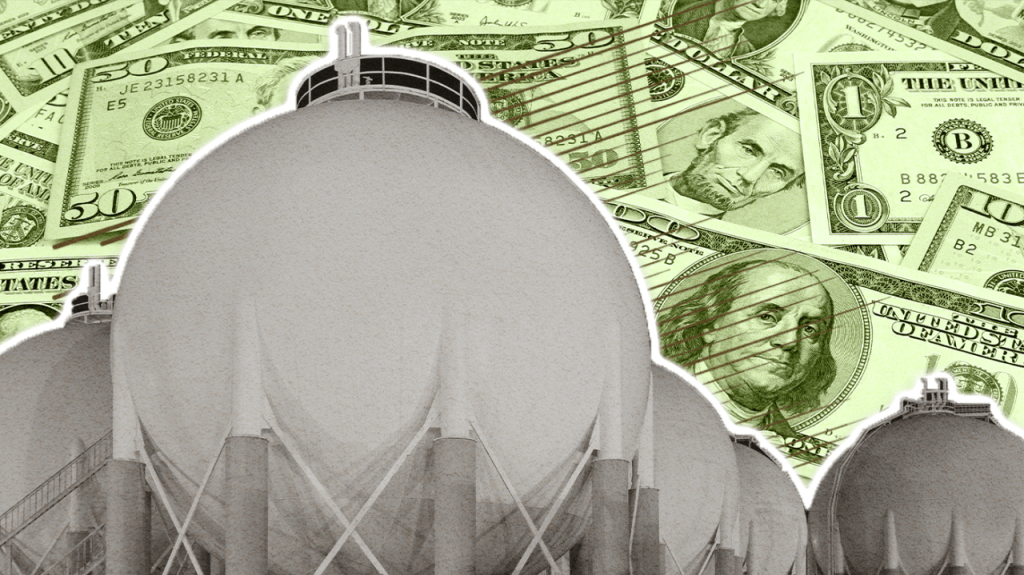Quick Bytes
- Biden administration pauses new LNG export terminal permits to assess climate impact.
- Industry claims pause threatens U.S. national security; experts disagree.
- Europe reduces reliance on Russian gas, turns to renewables and efficiency.
- Proposed LNG expansion could lead to significant climate and financial costs.
Understanding Biden’s LNG Export Pause
The Biden administration’s recent decision to pause permits for new liquified natural gas (LNG) export terminals marks a significant moment in climate policy. This move allows for a thorough assessment of the potential impacts on energy costs, national security, and climate change. Despite the industry’s outcry that this pause endangers U.S. and European security, evidence suggests otherwise.
Industry’s Reaction and Reality Check
Fossil fuel companies argue that expanding gas exports is crucial for security, pushing for continued subsidies. However, experts, including a retired U.S. Army commander and a Ukrainian leader, highlight that Europe has managed without increased U.S. exports or new terminals. Europe’s shift towards renewable energy and efficiency measures has reduced its dependency on Russian gas significantly.
Europe’s Energy Independence and Climate Concerns
As Europe’s demand for gas declines, the narrative that it needs more American gas is being challenged. The proposed LNG projects in the U.S. could lead to a surplus of gas and catastrophic climate impacts, with potential costs up to $178 trillion by 2070. The industry’s claims about national security benefits lack evidence, as gas is a finite resource and selling it off does not provide a clear advantage.
Sanctions and Moving Forward
Sanctions against Russia aim to cut off funding from oil and gas sales, and the international community is urged to intensify these efforts. The industry’s focus on profits over security is clear, and the path forward lies in transitioning away from fossil fuels to undermine Russia’s war efforts and protect the climate.
Authored by Lt. Gen. Russel L. Honoré (Ret.) and Svitlana Romanko, Ph.D., the article emphasizes the need for a clean energy future and the permanent defeat of fossil fuel-driven aggression.



